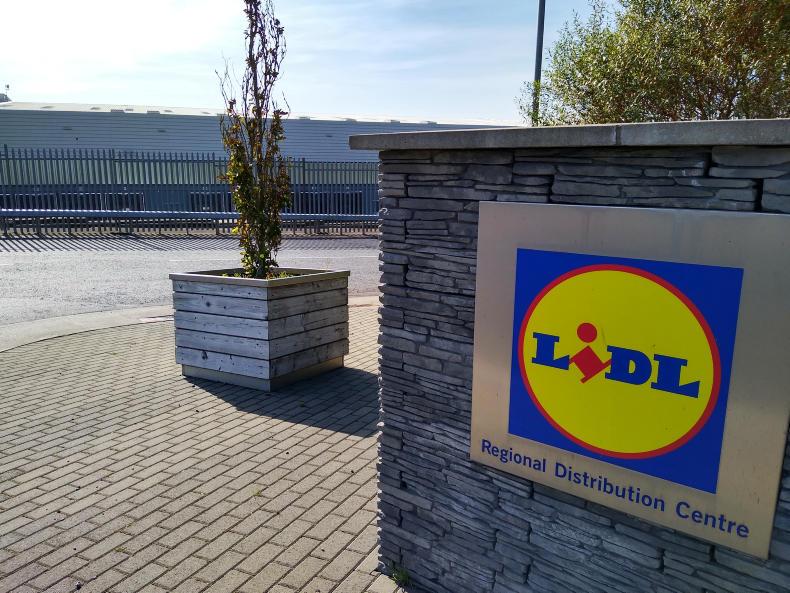There is no doubt that the arrival of German discounters Lidl and Aldi has shaken up the retail market in the UK and Ireland.
Both continue to grow rapidly, while established retailers stagnate or lose market share. Between them, they now take around £1 of every £7 spent on groceries in the UK.
Their success is built around offering good-quality food at lower prices, and to do that they effectively strip out cost and inefficiency within their supply chains.
There isn’t the wide choice on offer that could be found elsewhere, or the well laid out shelves – many goods are still presented on pallets or found in plastic crates.
They are also both still family owned businesses, so willing to take a long-term view and less driven by the need to satisfy shareholders with big profits.
In NI, while Aldi hasn’t entered the market, Lidl is performing strongly, with a strategy emphasising its commitment to NI produce. So it ticks two main boxes for consumers – they want local produce and at the same time value for money.
But is this good for farmers? While many retailers are loyal customers for NI agri-food, it can also be argued that the relentless focus on price has forced out a significant chunk of profit from overall food retailing, effectively taking prices down to suppliers.
It is also interesting to note the work that all retailers do to ensure they maintain a positive image with consumers, whether it is helping local community groups or promoting environmental sustainability (plastic waste, recycling, etc). In the case of Lidl, it was also the first retailer in NI to pay workers the UK living wage (£9/hr).
However, all retailers need to be careful that they don’t forget about the wellbeing of primary producers. Current returns in farming are not sustainable. Which begs the question: are our socially responsible retailers doing everything they can to change that?
Read more
Welsh farmers plan to blockade trucks of ‘cheap’ Irish beef
August milk prices cut below 25p
There is no doubt that the arrival of German discounters Lidl and Aldi has shaken up the retail market in the UK and Ireland.
Both continue to grow rapidly, while established retailers stagnate or lose market share. Between them, they now take around £1 of every £7 spent on groceries in the UK.
Their success is built around offering good-quality food at lower prices, and to do that they effectively strip out cost and inefficiency within their supply chains.
There isn’t the wide choice on offer that could be found elsewhere, or the well laid out shelves – many goods are still presented on pallets or found in plastic crates.
They are also both still family owned businesses, so willing to take a long-term view and less driven by the need to satisfy shareholders with big profits.
In NI, while Aldi hasn’t entered the market, Lidl is performing strongly, with a strategy emphasising its commitment to NI produce. So it ticks two main boxes for consumers – they want local produce and at the same time value for money.
But is this good for farmers? While many retailers are loyal customers for NI agri-food, it can also be argued that the relentless focus on price has forced out a significant chunk of profit from overall food retailing, effectively taking prices down to suppliers.
It is also interesting to note the work that all retailers do to ensure they maintain a positive image with consumers, whether it is helping local community groups or promoting environmental sustainability (plastic waste, recycling, etc). In the case of Lidl, it was also the first retailer in NI to pay workers the UK living wage (£9/hr).
However, all retailers need to be careful that they don’t forget about the wellbeing of primary producers. Current returns in farming are not sustainable. Which begs the question: are our socially responsible retailers doing everything they can to change that?
Read more
Welsh farmers plan to blockade trucks of ‘cheap’ Irish beef
August milk prices cut below 25p






 This is a subscriber-only article
This is a subscriber-only article









SHARING OPTIONS: